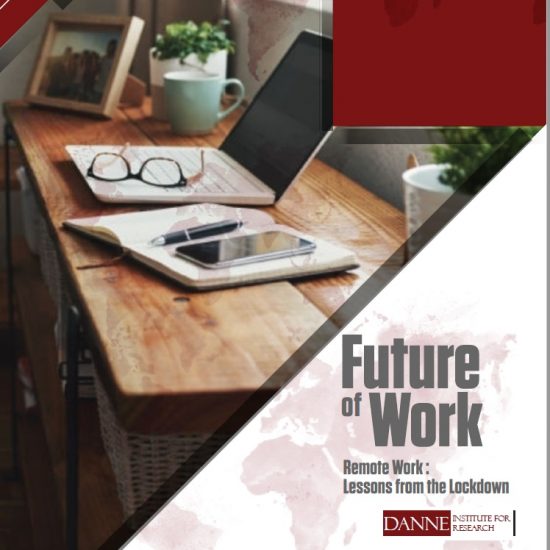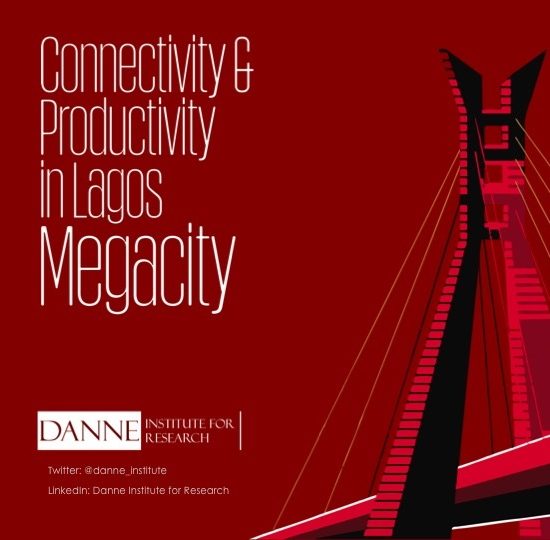
1.”As far back as 1962, a traffic survey of Lagos found that virtually all the roads were handling 50 percent more traffic than planned – traffic was growing at a rate of 20 percent a year”
2.”There is only 2.2km of road per 10,000 people (in Lagos), one of the lowest in West Africa. Without a good transport network commercial activity is strained”
3.”In Lagos, the daily demand for trips is estimated to be 22 million for all modes of transport, 40% of which is on foot. Though Lagos has one of the highest cars/km in the world, most residents rely on public transport
4.The total loss to Lagos of traffic congestion is estimated at 14.12million man hours per day or N3,834,340,158,870 per annum
1. “Traffic is a major challenge in Lagos. If I am able to achieve 80% of my work without physically being in the office then why not?”
2. “Lagos commute is grueling. Saving that time will make me more productive. But you also need to collaborate. So, a mix of both is good.
3. “An office is a space where all available resources for me to get my job done is available. Therefore, my office can be in my home.”
4. Access to stable Internet and epileptic power supply were the most important challenges that employees faced while Working from Home (WFH) during the lockdown
In line with our mission to champion conversations that promote transformational change in Nigeria and Africa, we have compiled insightful data that show the trends in Nigeria’s VAT receipts and allocation across ten years as well as the reality of subnational financing in Nigeria.
This effort is intended to enrich the ongoing conversations on VAT and states’ balance sheets, as a result of the recent Rivers State Federal High Court’s judgement on VAT and reports that the Senate Committee on Constitution Review received bills proposing the creation of new states.




